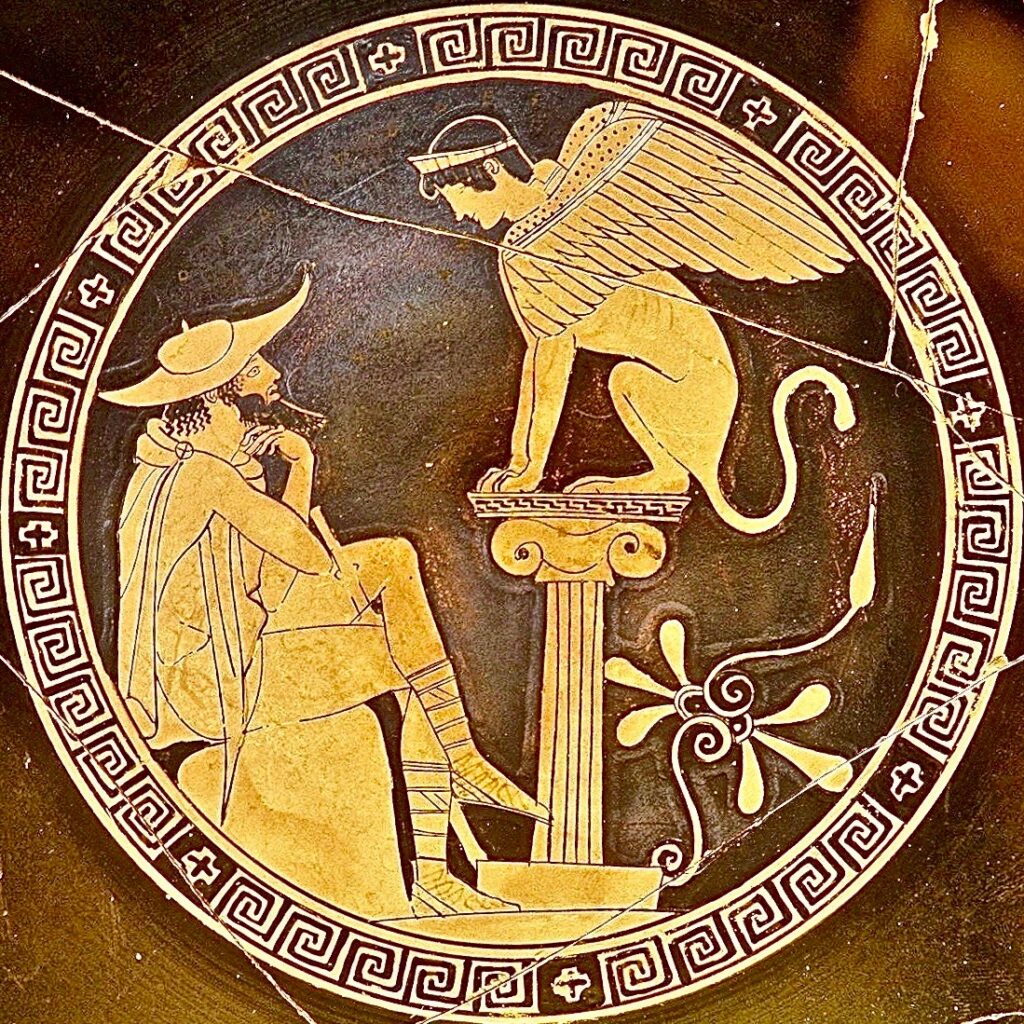The special quality of this small corpus is not only its facility 'in either language' but also how it relates, in very different ways, the Greek and Latin Classics to African life and literature.
Mr. Chikondi Medson (KA alumnus 2014)De casu regis Mzilikazi
The Author writes...
It is important to keep abreast of our roots and in this endeavour history plays a major role. We satisfy both of these criteria when we read Plaatje's (1876 – 1932) novel Mhudi, the first novel to be written in English by a black South African.
But Mhudi is much more than just the retelling of the quasi-mythical tale of the rise and fall of the Zulu kingdom. It is the protest of a freedom fighter, of the first General Secretary of the South African Native National Congress (SANNC, renamed the African National Congress (ANC) later), at the centre of the struggle for the enfranchisement and liberation of African people. The struggle was a long one and arguably still ongoing, but what is poignantly sublime in Mhudi is its status as an "enduring symbol of the belief in a new day".[1] It is indeed a story of the guaranteed abortive nature of overambition, "[Mzilikazi] saw the Imperial structure of his super-expansionist dream shattered"[2], a story of regrets, of "had I only"[3], but it is more a story of the satisfying "moral regeneration"[4] of the overambitious Mzilikazi which begins with the confession, "I alone am to blame."[5] As Seneca said before, the first step towards complete health is the honest diagnosis of the disease.[6] But the nature and severity of the disease be what it may, in the words of Santiago, the protagonist of Hemingway's The Old Man and the Sea, "it is silly not to hope" [7], and that is exactly what Mhudi is about. This is why this passage, which characterises what has just been said, has been chosen.
The choice was also influenced by Michael Lambert's account in The Classics and South African Identities [8] of the interest of an older generation of black South Africans in the Classics. It is fitting to translate the work (in its entirety if resources allow) of one member of that generation into Latin or Greek.
It was not easy however, to compose a parallel of the simple and succinct prose of Plaatje in Latin. For it is often the case that in schools, Cicero's and Demosthenes' ornamented style is more often adopted as the model than not. Therefore one had to pay recourse to Cicero, Caesar, Demosthenes and Xenophon to coin a style that would sufficiently convey Plaatje's directness. Notwithstanding these difficulties the ideas treated resonate perfectly with both Classical antiquity and our own age.
[1] Preface to PLAATJE, S. T. Mhudi 2005. Johannesburg: Penguin.
[2] From an excerpt of Mhudi by FINDLAY, A. H. 1986. Root and Branch, An Anthology of Southern African Literature. London: Macmillan Publishers 54.
[3] Ibid. 55.
[4] Ibid. 53, introduction to the excerpt.
[5] Ibid. 55.
[6] 'Initium est salutis notitia peccati.' SENECA Epist. 28:9.
[7] [...]
[8] LAMBERT, M. 2011. The Classics and South African Identities. London: Bristol Classical Press.
Mr. Adam Stevenson (KA Classics Department 2004 - 2007)Corpus Adamsonense
[Pending]
